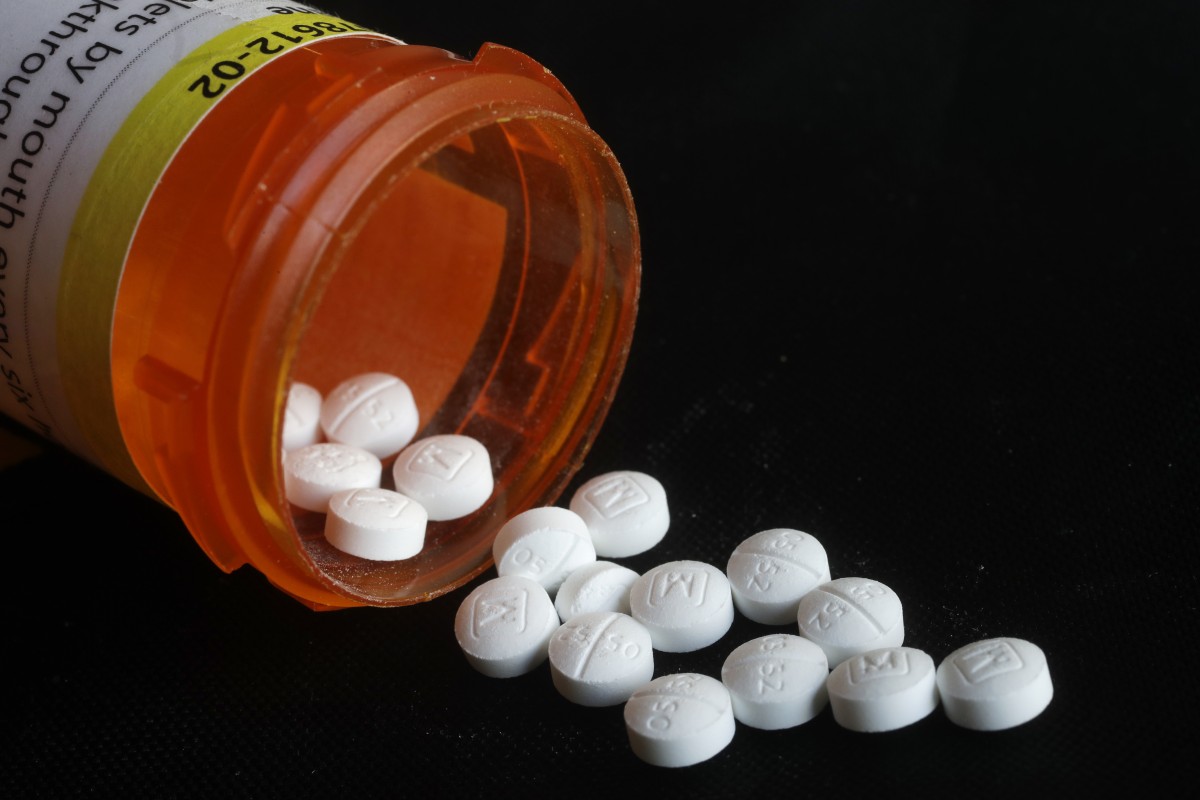CHARLESTON — President Donald Trump is expected to soon sign into law the 2018 SUPPORT for Patients and Communities Act, the comprehensive, bipartisan legislation aimed at addressing the opioid epidemic across the United States on many fronts.
Included in it is funding to support programs that offer trauma-informed care for young people, specifically programs like Handle With Care which got its start in West Virginia and has started to roll out to other states.
“What it does is provide some funding to expand our program nationally,” said Andrea Darr, director of the West Virginia Center for Children’s Justice.
Darr said, under the new law, states will be able to apply for grant funding from the U.S. Department of Health and Human Services for expansions of Handle With Care which has three components: (1) notice, (2) trauma-informed school training and (3) school-located therapy.
For notice, law enforcement officers involved in potentially traumatic incidents, including those related to substance use, where children are present but not crime victims or referrals for Child Protective Services, collect names, ages and schools of the kids.
Before the next school day, “There’s a confidential text, fax or e-mail to the principal and all it says is, ‘If you’re getting this notice on little Johnny, they’ve been on the scene of a police incident and might exhibit academic, emotional or behavioral problems. Please handle this child with care,’” Darr explained.
No other details are provided in the notification.
“But that’s enough to help a teacher be proactive instead of reactive,” she said. “We know trauma interferes with that child’s ability to learn and behave appropriately.”
The other components of Handle With Care include school personnel programming to better prepare educators for addressing trauma with kids and efforts to place therapists inside schools for better accessibility to mental health services.
Handle With Care has been introduced in all 55 West Virginia counties.
“Some counties are really doing a fabulous job. Some counties are struggling to get started. Some have started and stopped,” said Darr.
Earlier this month, Darr was in New York City to talk about Handle With Care as part of a conference from the United Hospital Fund focused on the ripple effects of the opioid epidemic.
The 2018 West Virginia Center for Children’s Justice Handle With Care Conference was underway Wednesday and scheduled to run through Friday at the Charleston Coliseum and Convention Center.
Overall, the numerous provisions in SUPPORT for Patients and Communities Act were designed to help states and communities prevent drug use, treat addiction locally and stop the flow of drugs into communities.
Other key components include improved opioid funding for hard-hit states, access to treatment and recovery, communication and information sharing, youth prevention and recovery services and prescription drug monitoring programs.
“This legislation makes meaningful reforms to keep illicit drugs out of our communities and help people who are addicted get the treatment they need,” said James Carroll, deputy director of the White House Office of National Drug Control Policy, in a statement.
On Thursday, U.S. Senator Shelley Moore Capito (R-W.Va.) was scheduled to discuss SUPPORT during the Appalachian Addiction and Prescription Drug Abuse Conference in Charelston.
By Shauna Johnson




